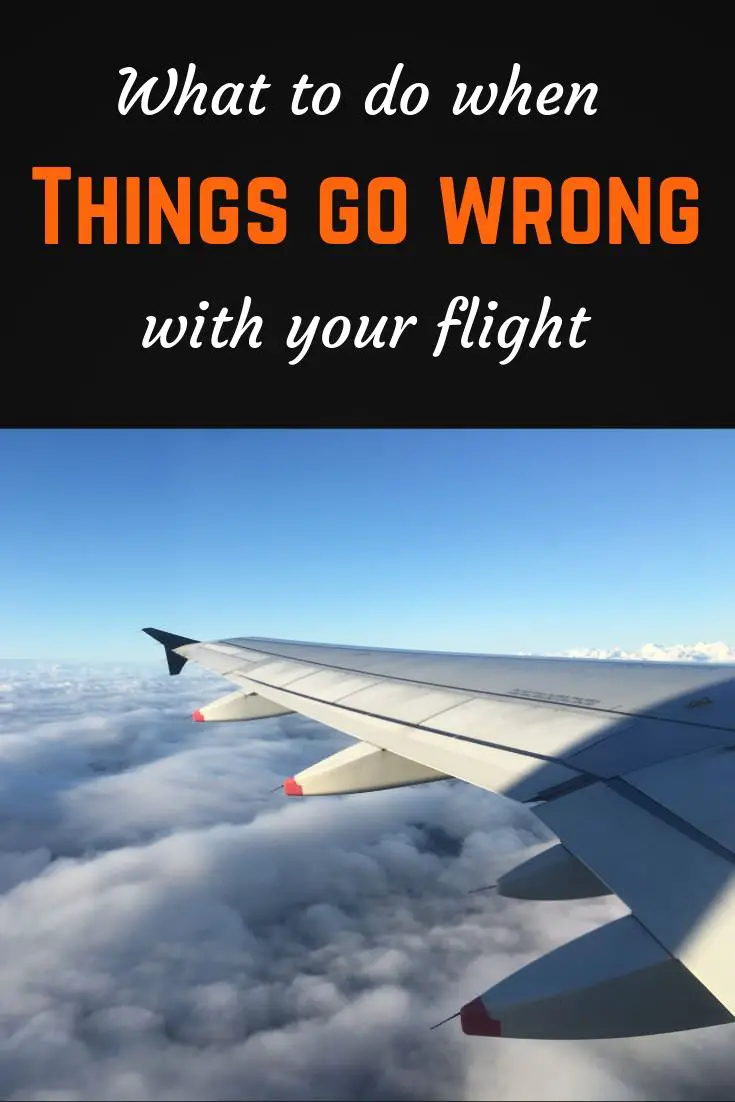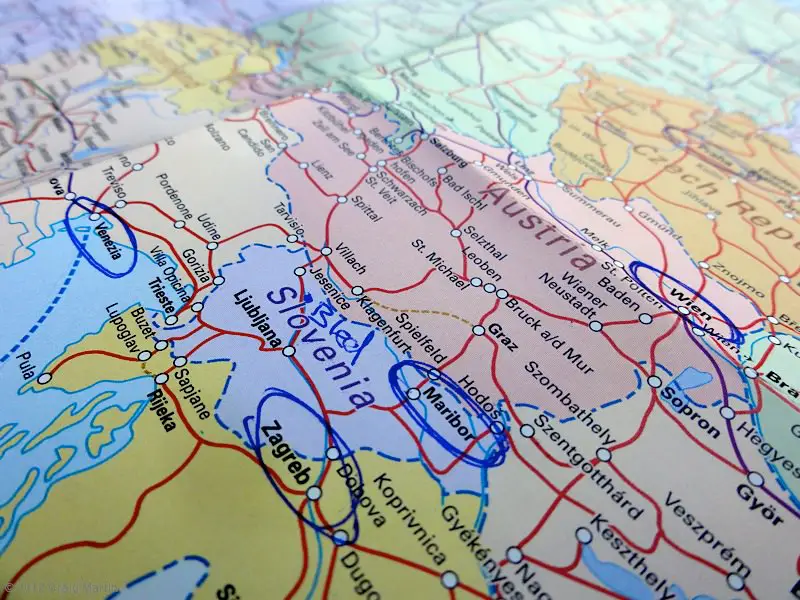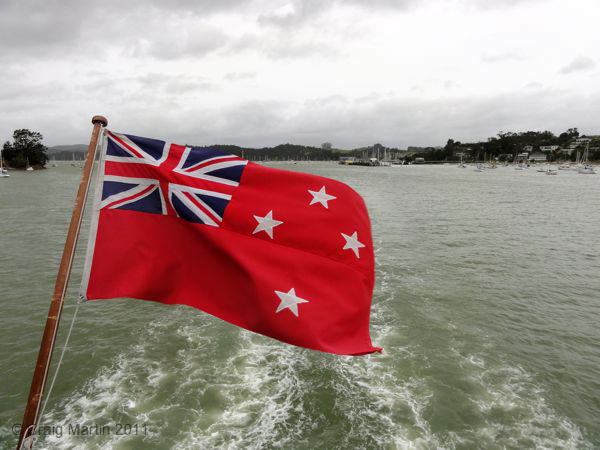What to do when things go wrong with your flight
Air travel is a lot cheaper than it used to be, but flights are still likely to be a large proportion of your total travel costs. Something going wrong with your flight can be stressful for more than just financial reasons, though — if you’ve got limited time off work, losing part of your precious holiday time to dealing with airline issues isn’t the best. Plus, there’s often significant paperwork involved, which can be a hassle to deal with.
Things can go wrong in a bunch of ways, and this article deals with the most common. While major faults causing plane crashes and terrorist attacks get a lot of press coverage, the chances of you being affected by either of these are incredibly slim. One study showed that there was one fatal plane crash in every 2.5 million flights. So, it’s really not worth spending time thinking about what to do in extreme situations like that.
Much more likely to affect you are issues with bookings, delays, or boarding. Whether these are your own fault or completely out of your control, the most important things to do are to stay calm and make sure you have as much information as possible in order to be able to make the best decisions in a stressful situation.
1. You make a mistake when booking
I have strong memories of the first (ha, first) time I made a mistake while booking a flight. We were in Europe and needed to travel back to England from Austria after a short-term teaching contract ended. I found some fairly priced tickets, booked them… and then double-checked the dates. Wrong dates. Oh, it was the worst. I cried. And I had nobody to blame but myself — I just should have triple-checked those dates before I made the booking.
If you find yourself in a similar situation, give yourself a minute or 20 to deal with the complex mix of emotions that are likely to hit you. Then, pour a cup of tea or glass of wine, and attack the airline’s small print to see what you can do next.
If you’ve purchased your flight through a travel agent, they may be able to make a small change for you at no charge. Similarly, some airlines allow you to change the passenger name or flight date for free, as long as the cost of the replacement flight is the same. Sadly, though, in an era of low-cost carriers, this is uncommon. Many airlines have a strict no-change policy, others charge steep change fees. In my case, the change fee was about the same as the cost of replacement flights, so the flights I’d booked in error went into the virtual bin. Sigh.

2. You miss your flight
The one time we missed our flight, we arrived at the airport about ten minutes after check-in closed. We probably still could have talked our way through, but we hadn’t adopted a carry-on-bag-only policy at that point, and our luggage was full of schnapps and other liquids, and we were turned back by security. I cried again.
This time it was only partly our fault — a huge storm had caused cancellations on the train network we used to get to the airport, but I’d also read the timetable wrong, which meant that we didn’t have the usual time buffer we usually work into trips to the airport.
So, what do you do in cases like this? Once again, dive into the small print. Check your airline’s policy — you may be able to transfer your ticket to the next flight for a small charge. However, you may also have to buy a completely new ticket.
If that’s what you end up doing, all is not necessarily lost. Travel insurance may reimburse you for one of the flights, though it’s often limited to circumstances outside of your control. Read your travel insurance policy carefully to see if you’re covered.
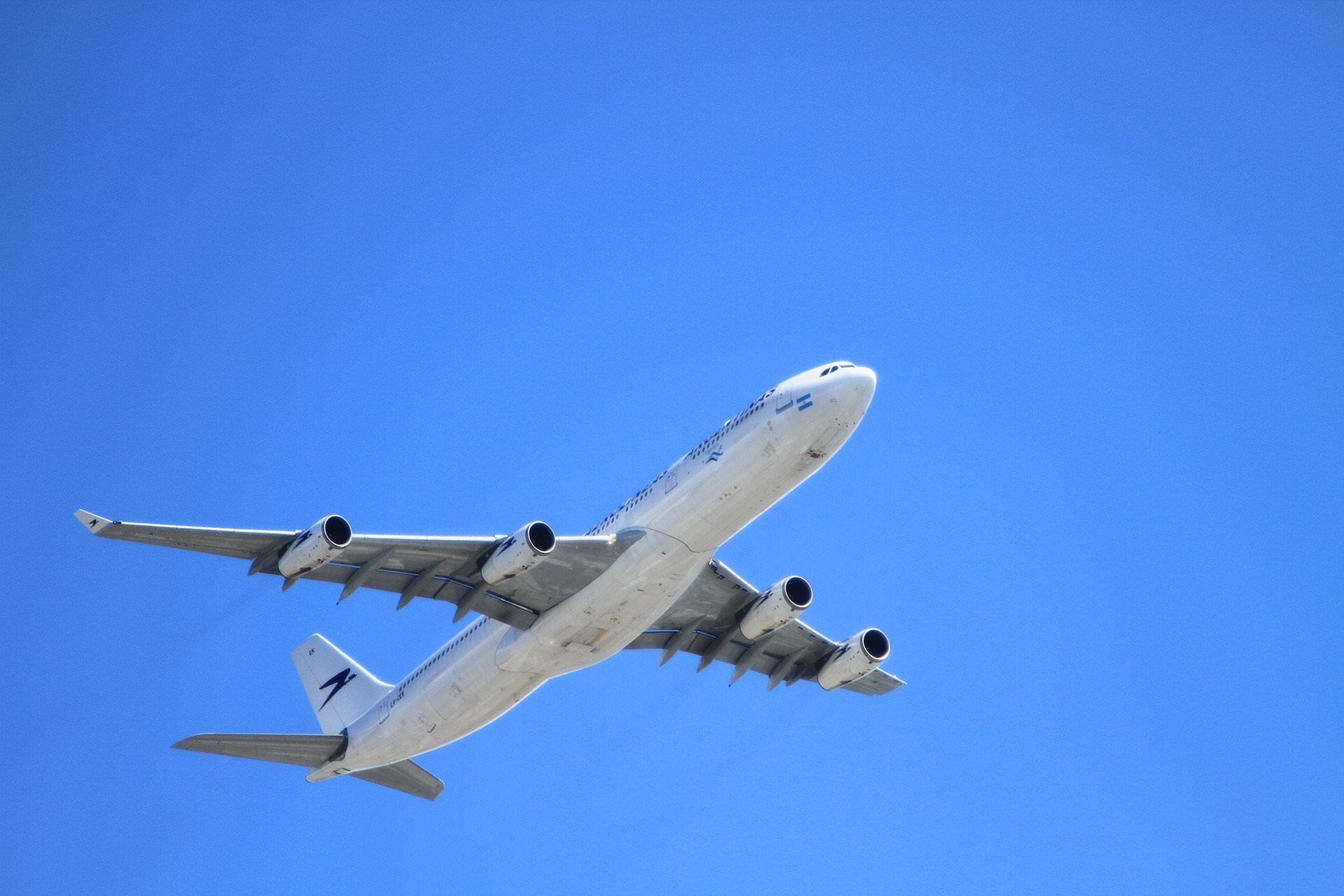
3. You are denied boarding
There are many reasons why the airline might decide not to allow you on the plane, and they can be roughly divided into two categories: “your fault” and “their fault.”
Situations which are “your fault” could include:
- You didn’t check in on time.
- You arrived at the gate late.
- You didn’t have (or show) the correct documents. This could include your passport, ID card, boarding pass, visa for your destination, proof of a return flight… whatever the airline says you need to have.
- You are a security or health risk: for example, if you act in a suspicious manner which makes the airline think you might be violent on the plane, or you have an infectious disease.
If you are denied boarding and it’s really your own fault, there’s not too much you can do. The airline won’t compensate you, and travel insurance might not either — always check your policy to make sure. If you are denied boarding because you’ve been told that you’re a health or security risk, but you don’t think you are, you should talk directly with the airline. You may be able to get a refund, alternative flight, and/or compensation.
The most common “their fault” cause of denied boarding is overbooking. Because some people don’t show up for their flights, airlines routinely sell more seats than the aircraft actually has, in the hope of filling as many places as possible. Generally, this works out well, but occasionally it means that passengers are bumped from their flights.
If you are denied boarding because of overbooking, you may be entitled to compensation — depending on where you’re flying from and to. The US and Europe both have clear policies on this, but in other countries, things get a bit murkier. As a general rule, though, if you’ve been bumped from a flight, don’t do it “voluntarily” as doing that may waive your claim to full compensation. You should make sure to ask why you’re being bumped, hold on to all your documentation (like flight tickets, boarding passes etc.), request an alternative flight, and ask for compensation. If compensation is due, the airline may be able to pay out immediately. If not, hold on to all your receipts for any extra costs while travelling, as you may be able to claim for these later.
Some airlines have very clear outlines of what happens in the case of being denied boarding due to overbooking, like Virgin Australia.
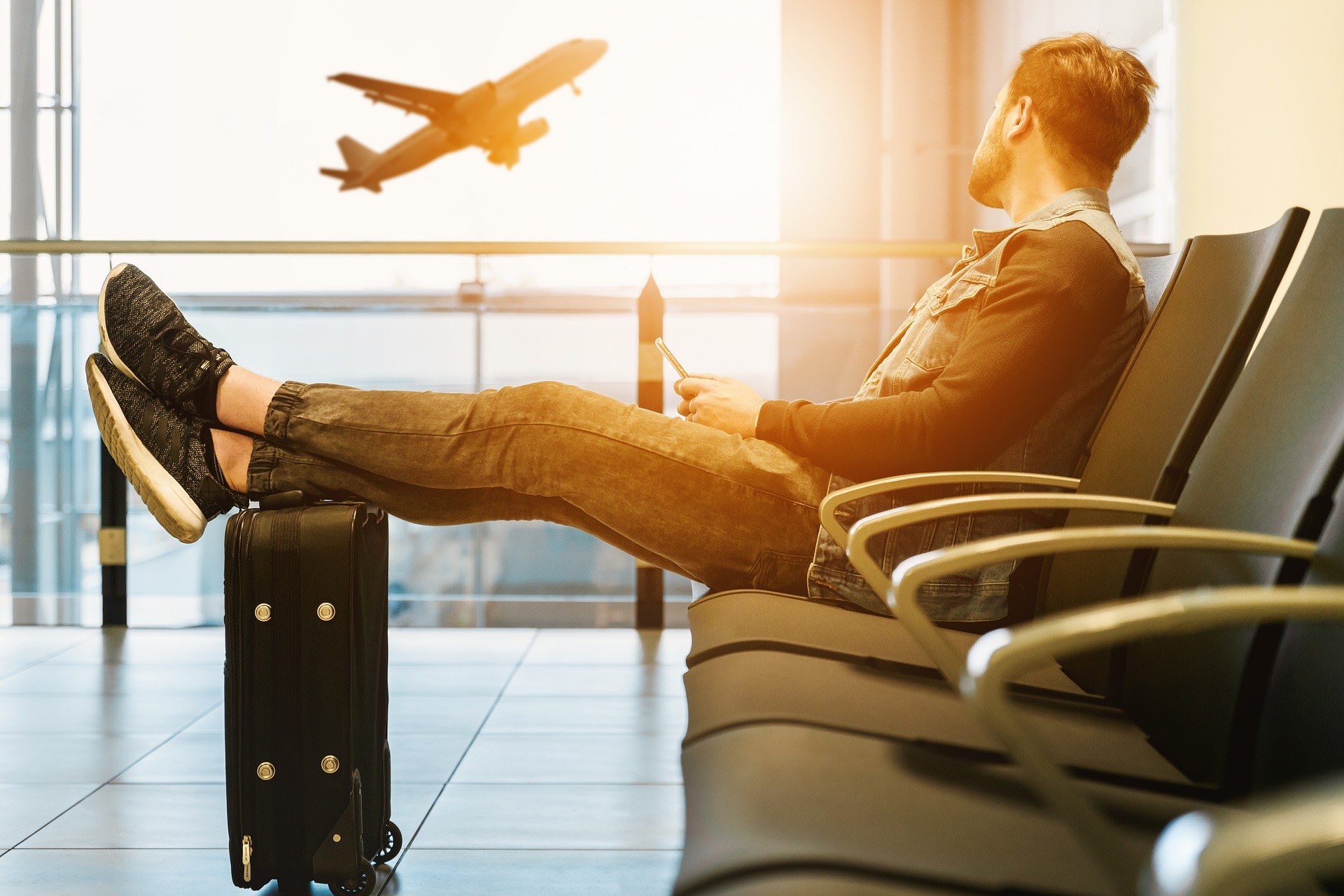
4. Your flight is delayed or cancelled
Short delays are a part of air travel. If your flight takes off half an hour later than expected, that’s mildly frustrating, but shouldn’t cause you too many problems. However, longer delays can be a big issue. If your flight leaves several hours after its scheduled time, this could cause you to miss your connecting flight, be late for an important meeting, or worse.
We recently went to Melbourne for the weekend, flying over on a Friday and back on Sunday night. Our return flight was scheduled to arrive at midnight, which meant we’d be in bed by one and could have a reasonable night’s sleep. But then the flight was delayed by five hours. Arriving at 5am, home by 6am — I wasn’t going to get any sleep at all.
As a result, I looked for an alternative route home, and was able to buy reasonably priced tickets with another airline. Then, I asked for a refund on my original ticket.
In this situation, a refund was the best I could hope for, though New Zealand and Australian law also states that airlines must compensate you for “foreseeable losses.” This could include paying for meals, accommodation, or additional transport, that you wouldn’t otherwise have had to pay for. When my brother’s flight was delayed, he missed the last train home (which he had a ticket for) and had to take an Uber. The airline refunded the cost of the Uber.
Check government sites for the country you’re in, like New Zealand’s Consumer Protection site to find out what you are entitled to.
In Europe, airlines must pay compensation for flight delays, and it can be quite a serious amount — up to €600. There’s a clearly defined scheme for how much you’re entitled to, depending on the length of the delay and how long the flight is. Some airlines are straightforward about paying out this compensation, others require a fair bit of paperwork and pressure. Services like MYFLYRIGHT can help you to claim compensation, only charging commission when your case is successful.
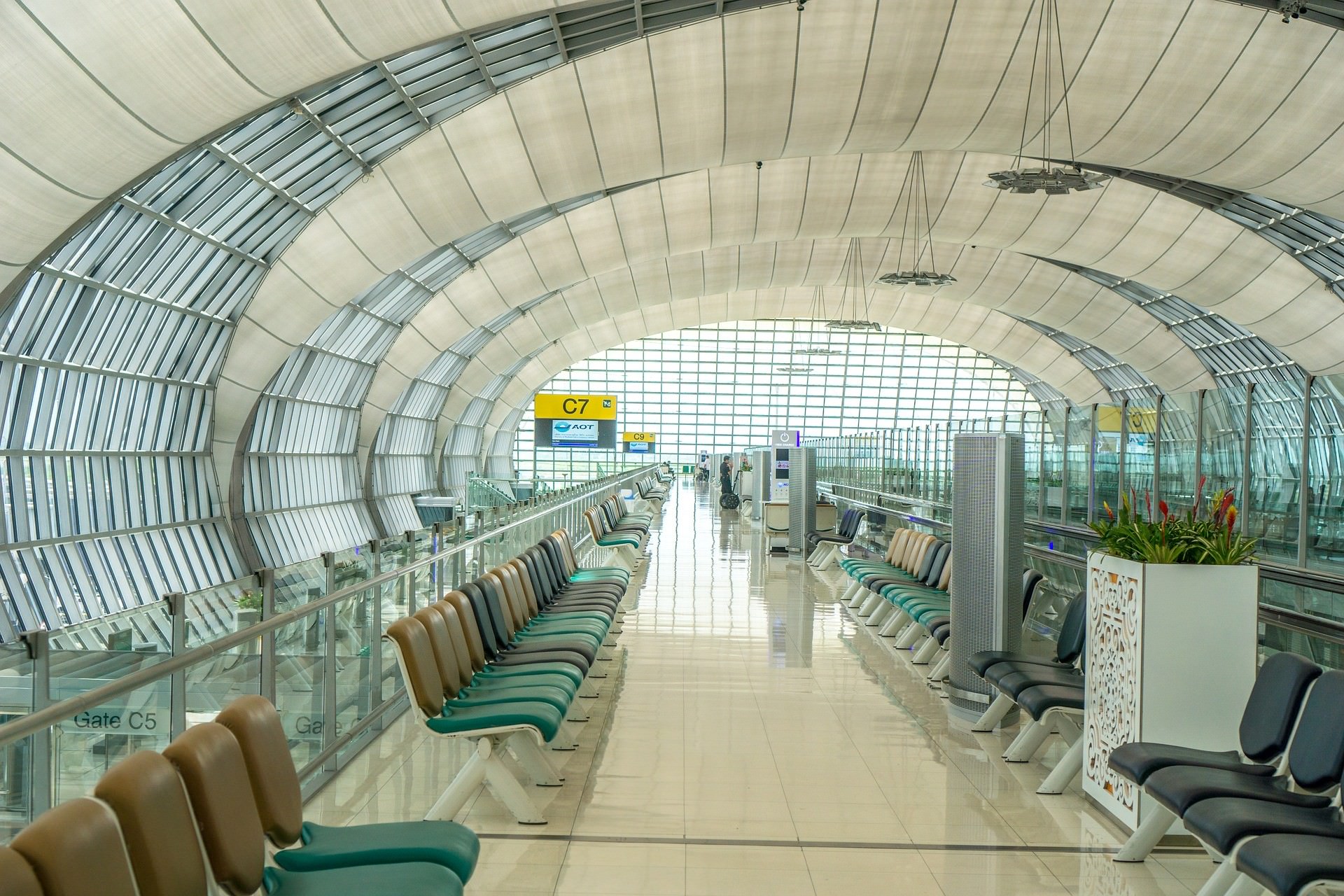
5. The airline you’re flying with goes out of business
Last year, we booked flights from London to Cyprus and then on to Athens, with two different airlines. I discussed the trip with my brother when I made the booking, which was incredibly lucky, or we wouldn’t have known that one of the airlines had gone bust — the company certainly didn’t bother to send us an email to let us know that our flight wouldn’t be operating. As it was, Simon sent me a text message when he saw a news article saying that the company had gone under, and Craig and I immediately went online to buy replacement flights.
We were lucky — our trip was still several weeks away, and the replacement flights were a similar price to the original ones. We were advised to request a refund from our credit card company, since the service we had bought (the flight) wouldn’t be provided. There was no point trying to claim a refund from the airline itself, since it was broke, but the credit card company paid out and we weren’t left out of pocket.
However, this only works if you’ve made the purchase in the last two months or so — any longer than that, and the credit card company isn’t obliged to refund you. In that case, you can try to recoup your costs on travel insurance.
If the airline goes out of business while you’re actually on your trip (like what happened to Paul), you might find yourself considerably out of pocket, as you need to organise alternative accommodation and transport. This MAY be covered by travel insurance, but some policies specifically exclude companies going out of business, so read your policy carefully.
Travel is awesome, but sometimes things do go wrong. If that happens, take a deep breath, and then start reading — make sure you have as much information as possible in order to make good decisions and to ensure you get what you are entitled to.
